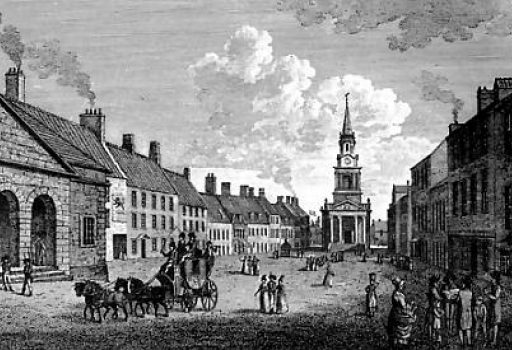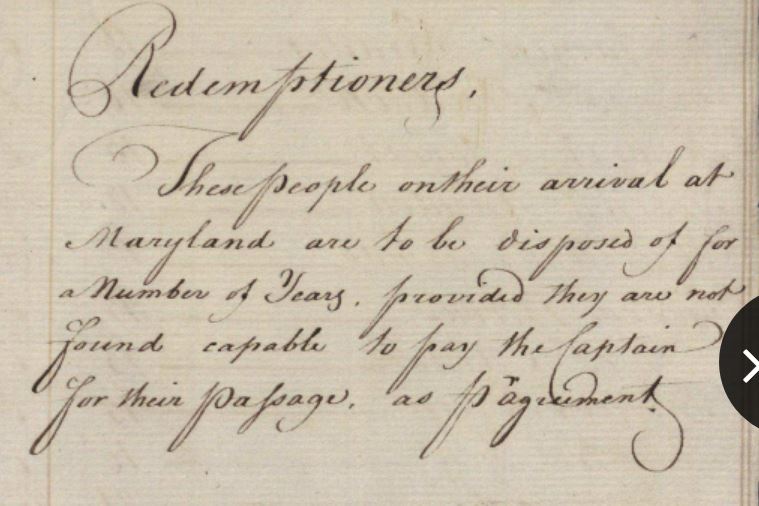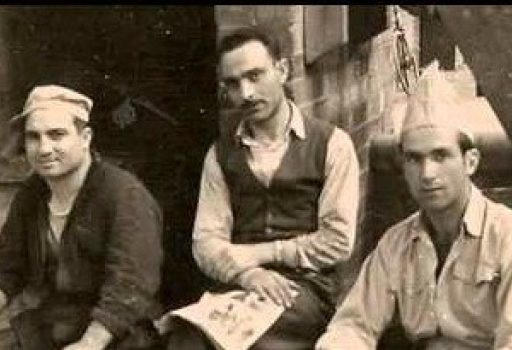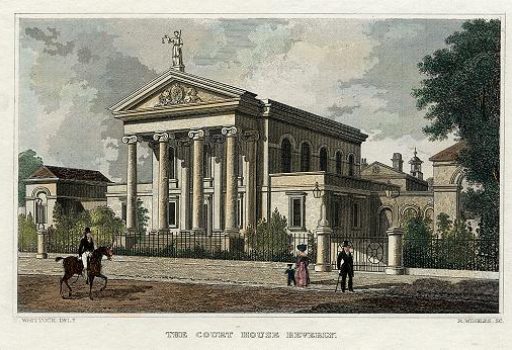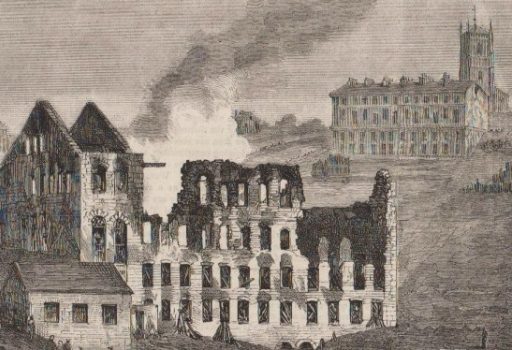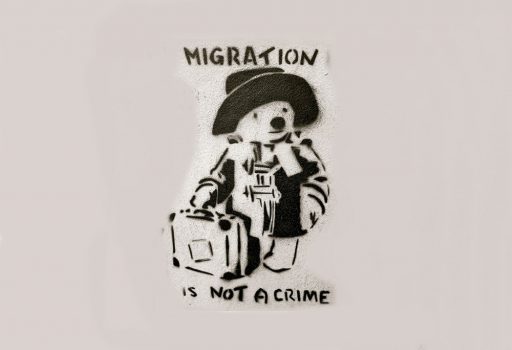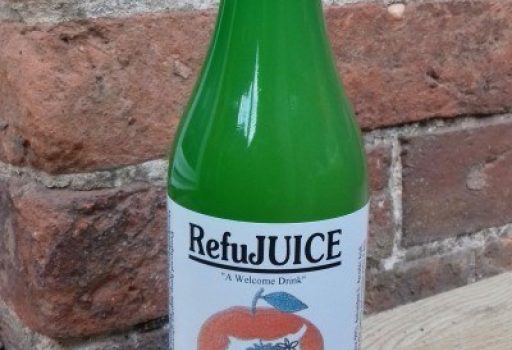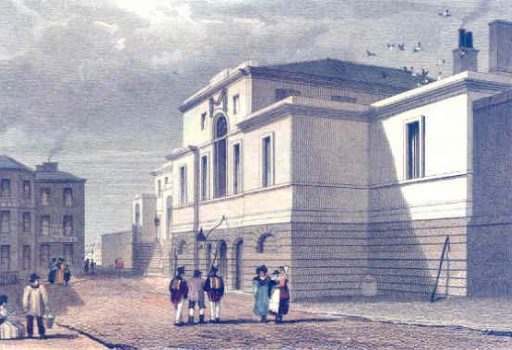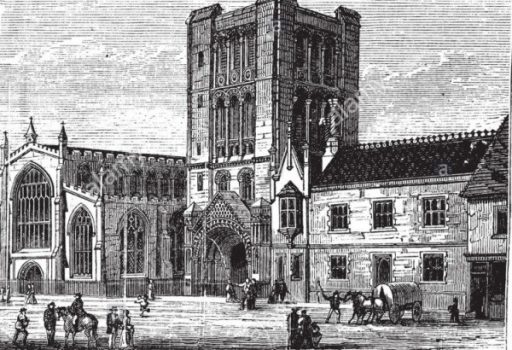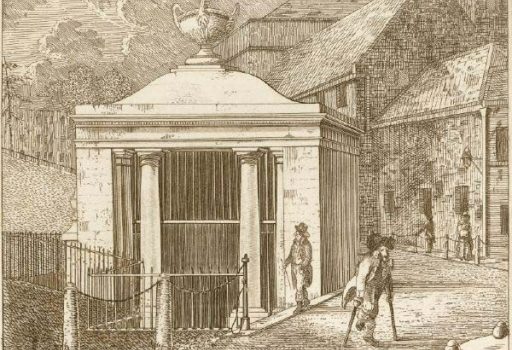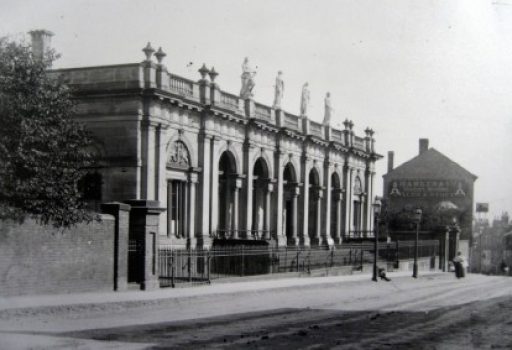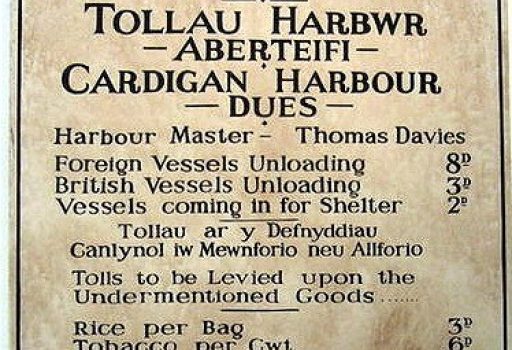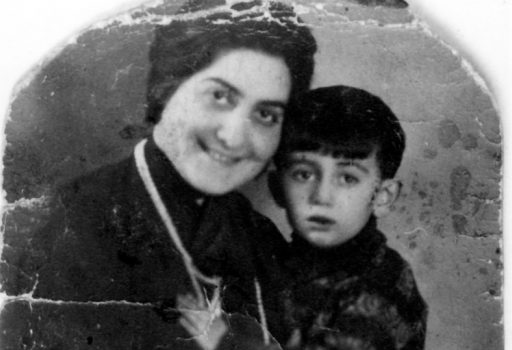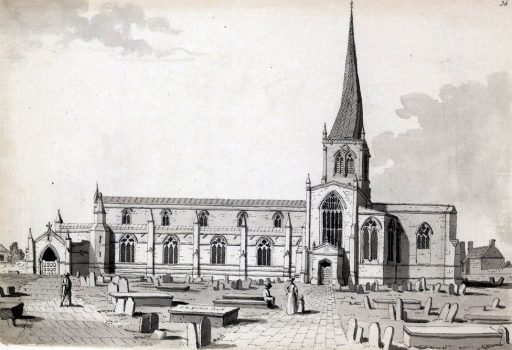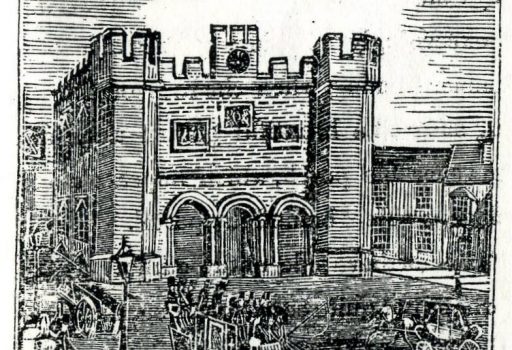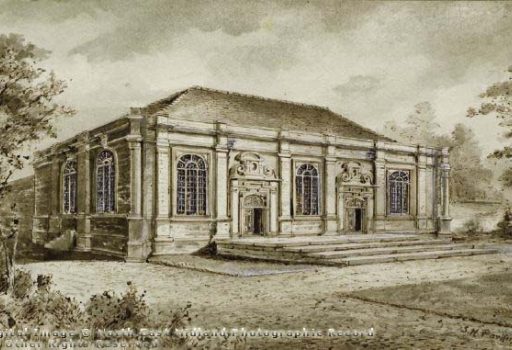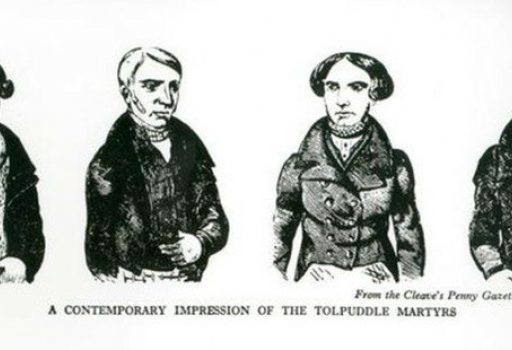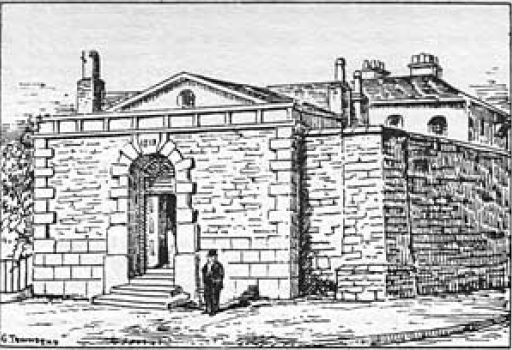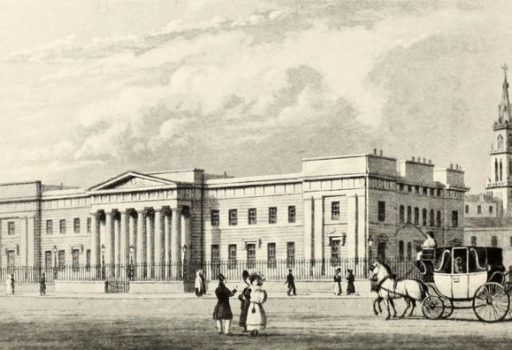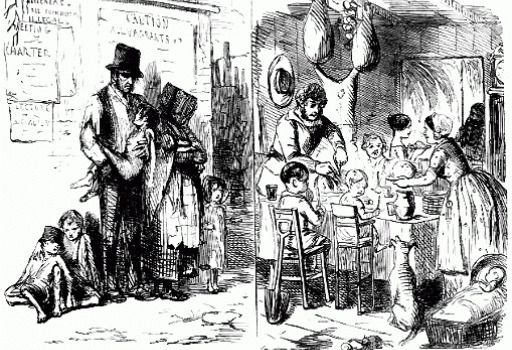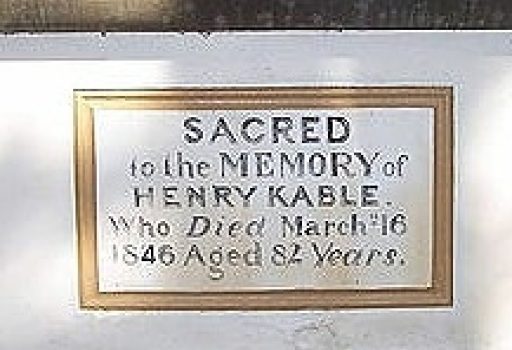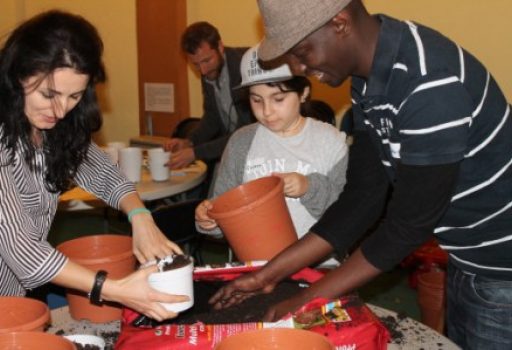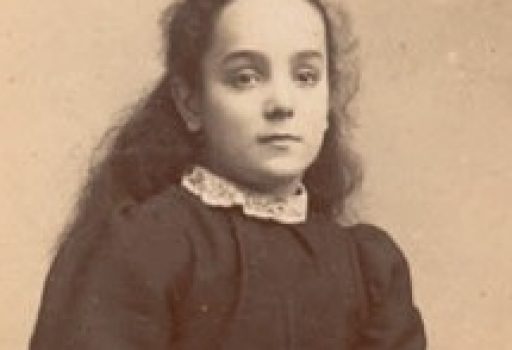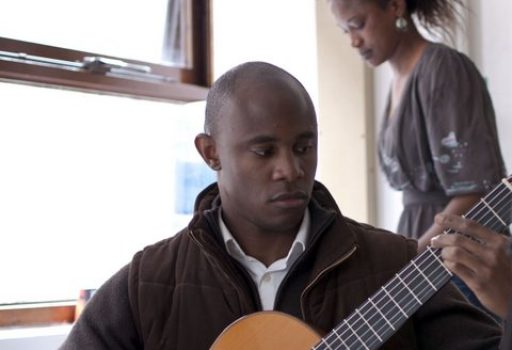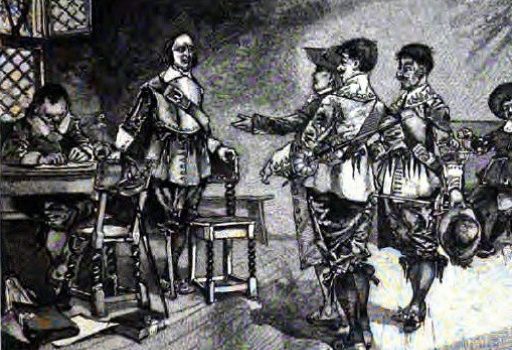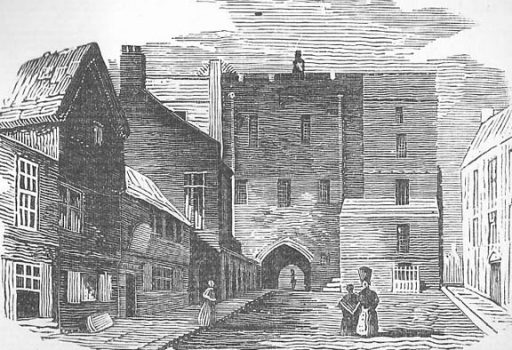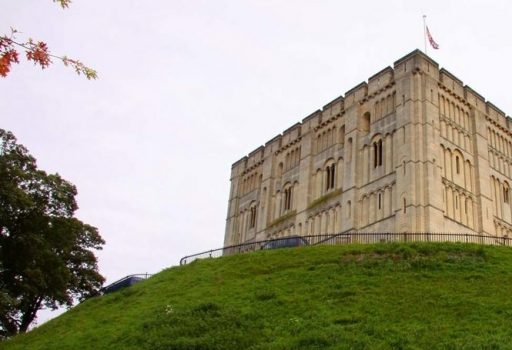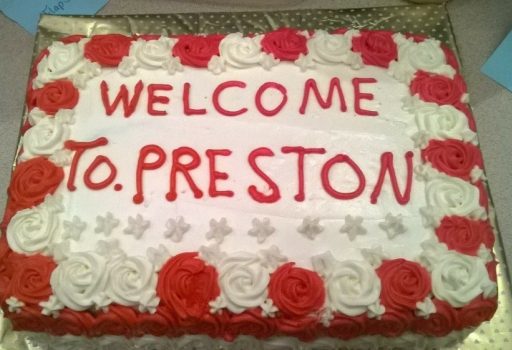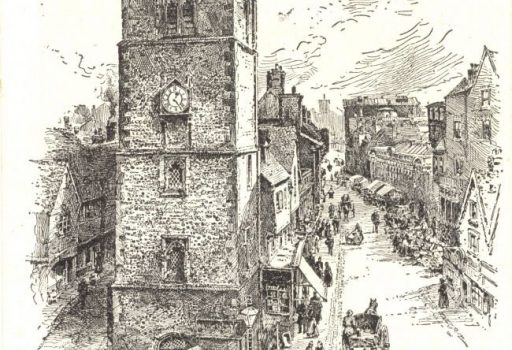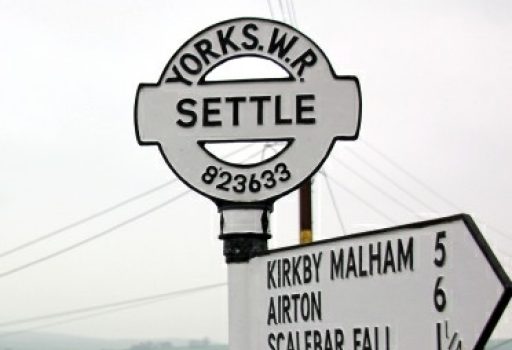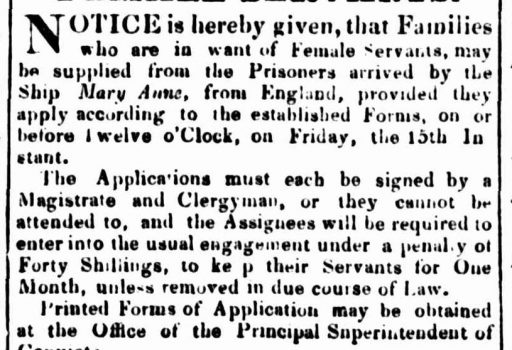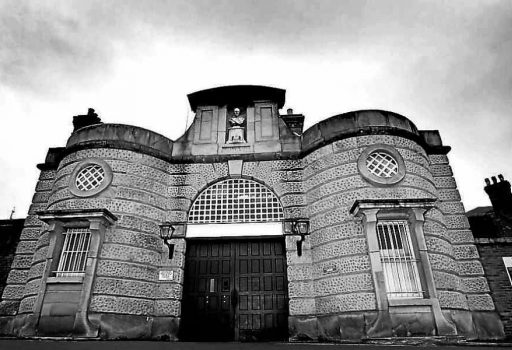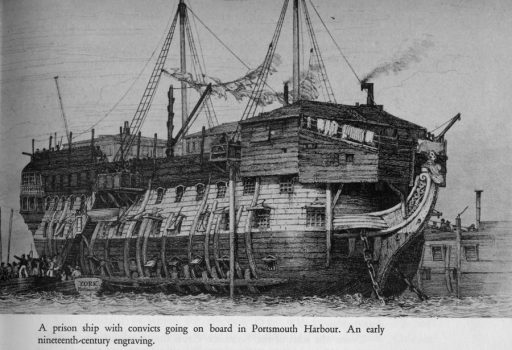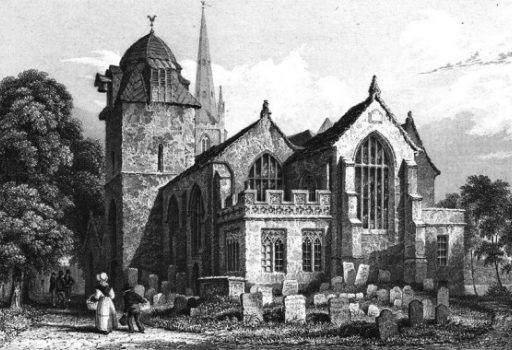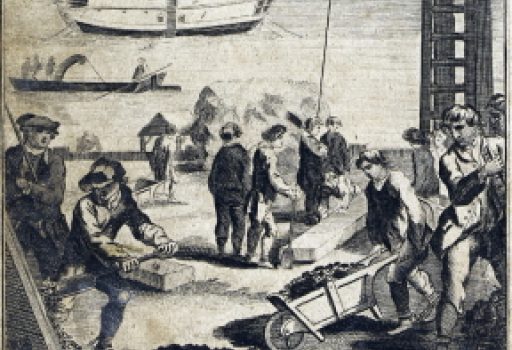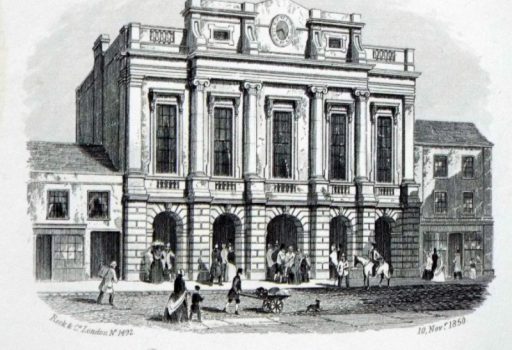JAMES DEBEARE, aged 22 of Berwick-upon-Tweed ‘being a stout youth and desirous to go overseas’ travelled as an indentured servant to the colony of Virginia in 1685. As an indentured servant he could be bought or sold, or abandoned if he got sick, and was required to complete his term of indenture – usually seven years – before he might work freely for a wage.
WILLIAM JOHNSON, a thirty year old cooper from Berwick upon Tweed, sailed upon the Nancy from London to Baltimore in June 1775. The ship was full of young people from around Britain, most in their 20s, most of the women were servants or milliners, the mens’ trades ranged from schoolmaster and brazier to brickmaker, gunmaker, carpenter and tinplate worker. They were redemptioners, the type of emigrant forced to become indentured servants if they could not pay their passage. As the embarkation documents on William Johnson's ship said: “Redemptioners. These people on their arrival at Maryland are to be disposed of for a number of years, provided they are not found capable to pay the captain for their passages as per the agreement."
ALEXANDER NESBITT, a teenage baker’s boy, was caught stealing soap. In 1836 the Berwick Quarter Session sentenced him to seven years transportation to New South Wales.
In 1816 Irishman BARNARD DUFFY was caught forging coins in Berwick-upon-Tweed. He and an accomplice would coin sixpences from sheet copper and apply silver polish. This was a serious crime, seen as treason, and punished not just by death, but by hanging, drawing and quartering for male forgers. (Women forgers were burnt at the stake). Forgers were less likely to have their capital sentence commuted to transportation, but Duffy was lucky, and he sailed to Australia in 1823 on the Shipley. His wife Margaret was also convicted of forgery and, together with their three children, joined him seven months later in Sydney. She sailed upon the Friendship, the same ship which had carried Henry and Susannah from The Transports back in 1787.
A labourer born and bred in Berwick-upon-Tweed, FERROW MARSHALL was 18 years old when sentenced to seven years transportation in 1841. His crime? He had stolen some horse hair and some eggs. Marshall was 5’4” tall with ruddy complexion, brown eyes and pimples. He could read. He left behind his mother Jane and 10 sisters.
CHARLES SWANSTON was born in Berwick-upon-Tweed in 1789. By the age of 16 he was in India, where he served as a lieutenant in the Madras Army of the East India Company. He fought in India until 1828, when he left, along with his family and £10,000 in savings, for Hobart. He became a significant landowner and merchant in both Tasmania and Australia. A major street in Melbourne was named after him.
JOHN OGLE, a farm labourer from Belford, Northumberland, lived with his wife Rosanna and five children. In 1840 he was convicted of stealing six pounds of bacon, a sheet and some ladies clothing. For these crimes, he was sentenced to 14 years transportation and arrived in Tasmania on the Layton in 1841. Eight years later his wife and children sailed across to join him. But though she’d paid seventy pounds to the government for the passage as free citizens, Rosanna and the family were treated like criminals when they arrived. First, they were separated: the two older boys to the prison barracks, the younger son to the orphanage (where his good clothes, his only clothes, were stolen), the daughters into private houses (presumably to work unpaid). Rosanna herself was sent to a factory. Meanwhile, her husband could not be found. From this unpromising start, the family went on to spawn many generations of Australian descendants.
Partners in Action
One of our partners in Berwick - The Berwick Migrant Supporters Group - runs free English language classes. Here's one of their classes at work: https://www.facebook.com/TheBe... And here's one of their Christmas parties.

Another local partner is Northumberland County of Sanctuary, part of the national City of Sanctuary network. Here's a typical request posted on their facebook page.
In the Twelfth Century, during the reign of Henry II, large numbers of FLEMISH MERCHANTS came to Britain, having been flooded out of the Low Countries by a recent inundation. Some of them came to Berwick, where they took over the Red Hall, a large factory with its own palisade and trench, probably in what is now Bridge Street. They weren’t the only such immigrants of the time in Berwick. Some Cologne merchants occupied the White Hall, probably on the site of today’s Sandgate. The Flemish merchants principally exported wood and hide, and imported iron, weapons and other merchandise. They drew on the excellent sheep pasture in the Tweed valley which provided wool for the Flemish wool trade. They lived under the special protection of the Scottish King, who allowed them to trade from the Red Hall in return for providing defence should the English attack. Which is exactly what happened in 1296 when Edward 1 of England stormed Berwick while advancing on Scotland. Reports suggest the Flemish merchants barricaded themselves in the Red Hall and, rather than be captured, were buried to a man in its ruins. Even so, Flemings long remained important within the town. As late as the mid 19th century the Mayor of Berwick, who restored the town hall, was Joseph Fleming.
Five year old FLORENTINA DE ROOVER was admitted to Lowick Church of England School, near Berwick, on 19th October 1914, together with her elder siblings Regina, Maria and Joseph. When Germany invaded Belgium in August 1914 at the start of the First World War, some 250,000 Belgians sought refuge in Britain. Thousands of local committees were set up around Britain to welcome them to communities. Within a month, the mayor of Berwick had started raising funds and asking for offers of hospitality. The Berwick Cycling Club held a Smoking Concert to raise money. No refugees could actually be settled in the town, as the government did not allow ‘aliens’ within ten miles of the east coast (to prevent German spies masquerading as refugees). Instead, colonies were set up in Allendale, Hexham and other towns nearby. Benefactors also rented empty properties in villages to house Belgian families, and the children were admitted to local schools. Read more about what happened in Lowick.
FRANZ WOLFF, an 18 year old jewish man, escaped from Berlin in 1939 and arrived in Britain. Classed as an enemy alien, he chose not to be interned on the Isle of Man but took the other choice – to join the British army. He worked in intelligence. After the war he became a customs officer in Berwick-up-Tweed. Afterwards he learnt that several family members died in Auschwitz. He died in 2001. His daughter Judith, a nurse, has recently submitted her application for German citizenship. She was shocked by the referendum result. ‘I saw the doors to Europe closing to me.’
